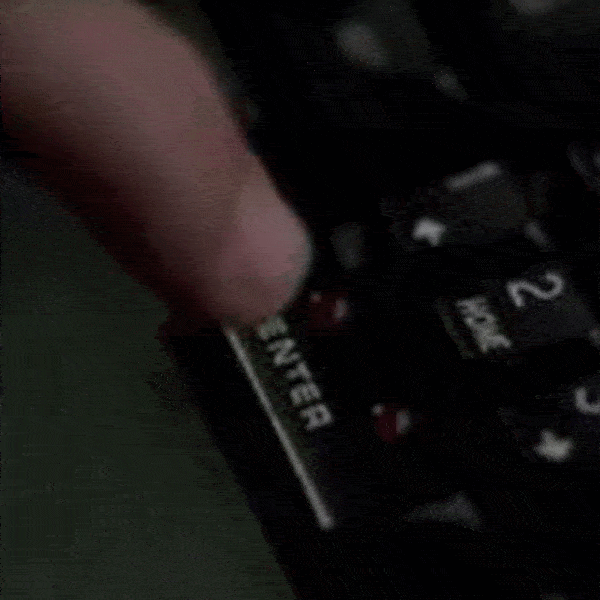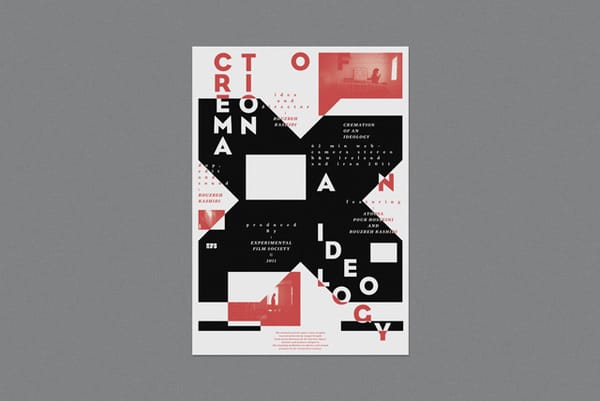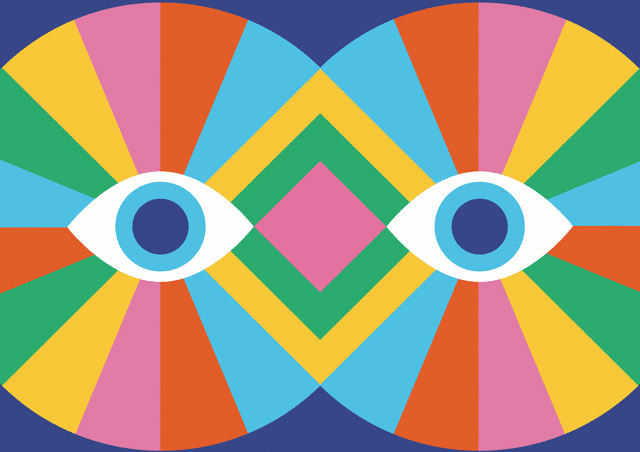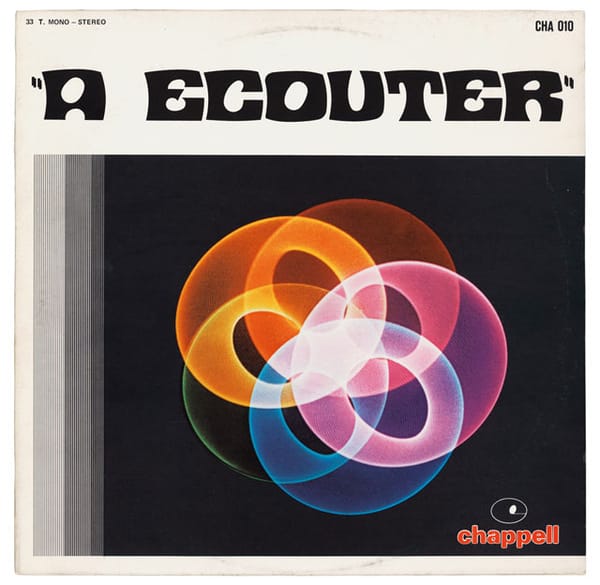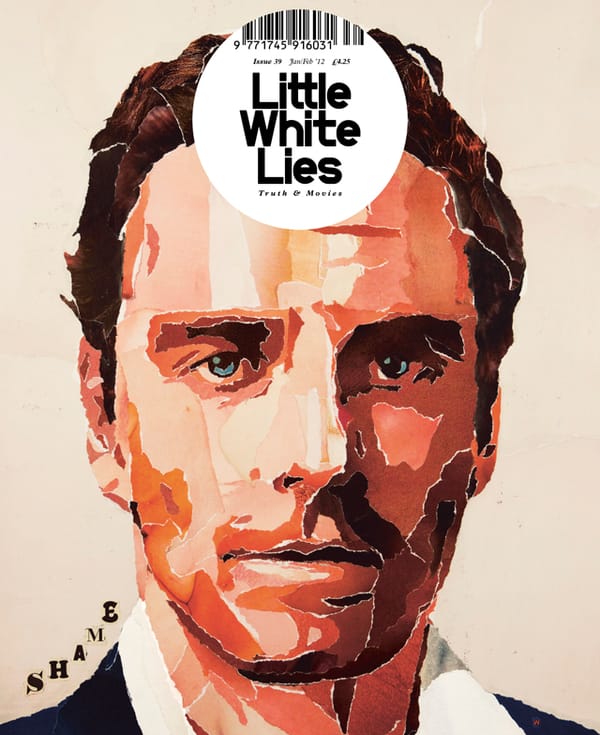For Google's Tom Uglow, the history of the way we interact with our screens reads as a personal origins story. I think the click is pretty important to me. I am continually amazed by the evolution of the click.
My first computer was a ZX81, when I was seven. Clicking meant ‘enter’. But when you ‘clicked’ it did something on the (black and white) TV screen in front of me. The idea that I could affect what I saw on the TV was, frankly, astounding. I grew up copying games from printed magazines by literally transcribing the code (BASIC) and then debugging line by line with a ruler. Soon we had RAM packs and cassette players hooked up; joysticks, Commodores, Atari’s and Amstrads arrived. My coding vanished, but the click remained intensely powerful. A magic button with infinite power. In 1994 I had my first HTML lesson. By now we had Macs and mice — we had right clicks, and left clicks, and we also had the link, one of the world’s great inventions, a time-travelling teleportation device. Five years later and I was somehow founding a ‘dotcom’ with a ‘clicks and mortar’ model. I had no idea what it meant, but clicks were more potent than bricks. I understood that. I never escaped. The clicks had me.
The movies that best capture the profound influence all of this had on me wereWar Games (power) or Hackers (hacking) or even Pi (numbers) — but the greatest ‘click’ in cinema is a scene in John Hughes’s Weird Science. You know, yes you do. Absurd, ridiculous and responsible for almost everything since.
So yesterday the click was the simplest, most elegant, universally comprehensible way to initiate an action. The internet, my internet, was a series of pages on computers connected by links that you clicked. Sounds old fashioned, but it was incredibly successful in organising the world’s information.
Today’s internet, on your phones, tablets, fridges and shoes, well this clickery is much less clear. What is the new click? The swipe, the scan, the press; speech, shake, bump, gesture, or better still, it just knows. Throw in location, or temperature, proximity, velocity, volume, signal strength, face recognition, emotion recognition, or any combination — all these become the equivalent of a ‘click'. The click is in flux once more. A powerful deep magic that remains vibrant and virile. As the internet becomes less tangible there is a lot more space to invent. Things can happen, just because. You no longer need to click a button. That is always exciting.
tomu.co.uk
ZX81
The most basic 1980 Sinclair ZX81 had just 1KB of memory and no ‘off’ switch. You could buy it in WH Smiths for £69.95. However, the unit ushered in an era of home computing and was key to the development of the careers of many of the British programmers who have shaped our digital present. Indeed, some have cited these early machines’ limited technological capacity as a spur to creativity — according to Sir Clive Sinclair, the ZX81 was a “lean and efficient” machine compared to most contemporary (profligate) examples.
Coding the Curriculum
As of September 2014, every child over the age of five will find a new topic compulsory in their curriculum: coding. According to education secretary Michael Gove, 2014 is the “Year of Code”, with half a million pounds set aside to train teachers how to work in the medium and to pass on those skills. In January, Google and the Raspberry Pi Foundation also announced an initiative to gift 15,000 of the latter’s micro-computers to British school children.
June 5, 2014 2 minutes read
The Click
For Google's Tom Uglow, the history of the way we interact with our screens reads as a personal origins story.
